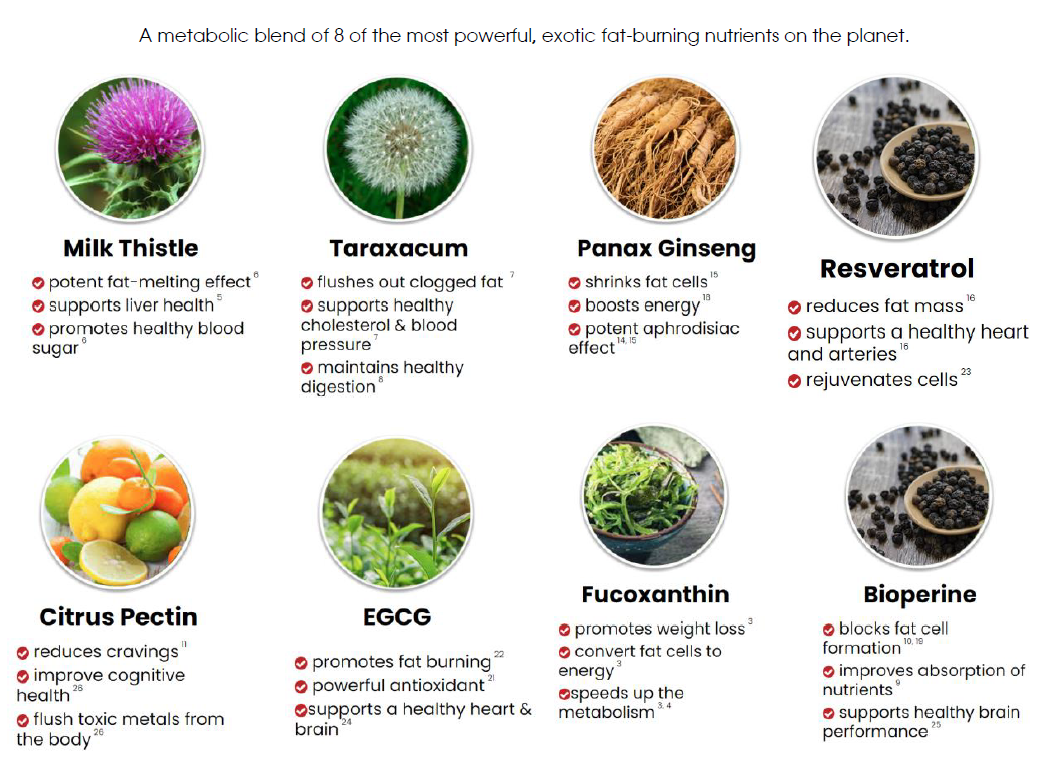Carbs: The Good, the Bad, and the Healthy
Carbs are a part of nearly every dieter’s vocabulary. A number of diets are famous for fighting carb consumption. But you should know that not every carbohydrate is created alike. While it is true that you can lose weight by cutting carbs, carbs are also necessary for a good diet.
To begin with, we should define our terms. Carbs are derived from a number of different sources. They are present in bread, pasta, fruits, and vegetables. There are also a number of different types of carbs. For instance, carbs come in the form of sugars, starches, and fiber.
For the most part, the digestive system divides carbs into sugar molecules which can be taken into the bloodstream. The majority of carbs are transformed into glucose or blood sugar. In this way, carbs provide energy for our bodies. Those who lack sufficient carbs in their diet may suffer from fatigue.
Vitamin and Fiber
Carbs can be filled with nutrients. For instance, fruit contains vitamins A and C, fiber, and folate. Vegetables are also a good vitamin and fiber source; in fact, they usually contain a greater variety of minerals than other foods do. Whole grains can provide you with fiber, protein, and B vitamins. Legumes can provide you with protein, iron, and potassium.
But carbs can also be potentially bad for your health. For instance, cookies, potato chips, and soft drinks also contain carbs in the form of sugar and flour. You should know that refined carbohydrates have been linked with diabetes and heart diseases, making these carbs a dangerous choice. There are a number of good reasons to ban these carbs from your diet. For instance, they are extremely high in calories and offer little in the way of nutrients. Because they contain no fiber, they will not keep you satiated. In fact, such carbs offer you zero nutrients, but plenty of fat.
Therefore, you should avoid processed grains and sugars. Instead, eat whole grains, fruits, and vegetables to maximize your nutritional intake. Instead of eliminating carbs completely from your diet, simply ban those that increase the size of your waistline.
There is another way to think about carbs. You can generally divide them into two categories: simple and complex. A simple carb, such as sugar, promotes weight gain. As a result, you should select low-sugar foods, especially low-sugar beverages. In contrast, complex carbohydrates promote weight loss. Health experts recommend that dieters consume between 55 and 65 percent of their calories from these types of carbs. Such carbs include fruits and vegetables and a number of other natural foods.
But it isn’t enough to simply eat fruits and vegetables. You also need to avoid fattening sauces and condiments such as mayonnaise and butter. By adding butter to your broccoli or mayonnaise to your potatoes, you can raise the calorie amount exponentially, sabotaging your diet.
The U.S. Department of Agriculture promotes a food pyramid that recommends as many as eleven servings of bread, pasta, and cereal. However, a number of dieticians are suggesting that Americans should cut carbs—period. In one poll, 81 percent of the respondents said they were abiding by a low-carb diet.
It is interesting to point out that neither the American Heart Association nor the American Diabetes Association believes that the glycemic index should be considered when following a weight loss plan. While the Diabetes Association concedes that various foods offer different glycemic responses, the Association’s leaders believe the most critical factor is the number of carbs rather than the form of the carbs consumed.
Granted, dietary information about carbs can be confusing. However, a number of dieticians say that, while you might not want to cut carbs out of your diet entirely, you should eat carbs only in moderation. Health experts also say that you should limit your carb intake to good carbs and pass up the bad ones. By following such a plan, you should have energy—but you shouldn’t pack on the weight. It may be difficult at first to follow such a diet plan since many of us are conditioned to eat bad carbs in order to elevate our moods. In time, however, you may find that you enjoy the fruits and vegetables you’re eating, and you may not even miss those tortilla chips.
DISCLAIMER:
This information is not presented by a medical practitioner and is for educational and informational purposes only. The content is not intended to be a substitute for professional medical advice, diagnosis, or treatment. Always seek the advice of your physician or other qualified healthcare providers with any questions you may have regarding a medical condition. Never disregard professional medical advice or delay in seeking it because of something you have read.
Since natural and/or dietary supplements are not FDA-approved they must be accompanied by a two-part disclaimer on the product label: that the statement has not been evaluated by FDA and that the product is not intended to “diagnose, treat, cure or prevent any disease.





